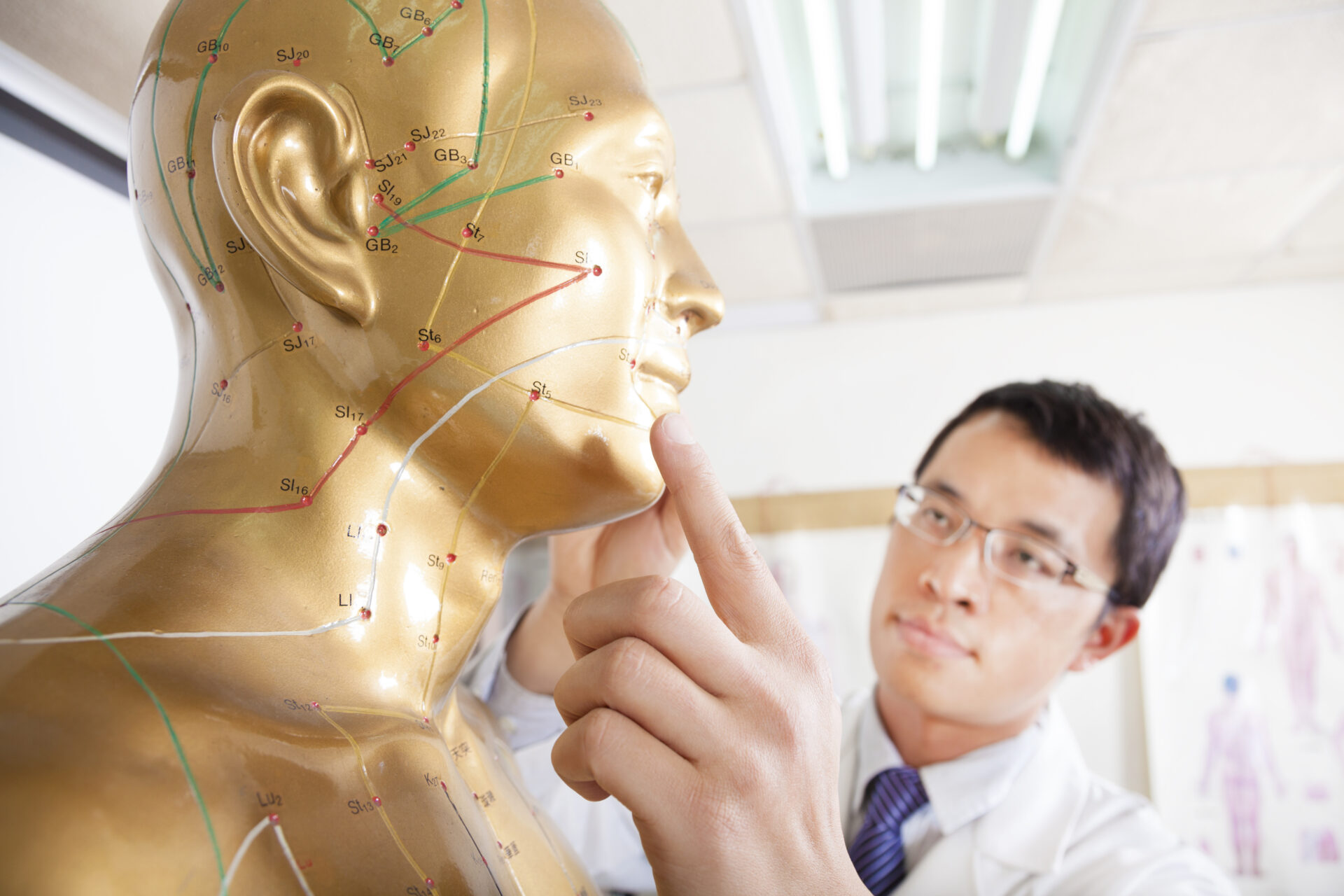When it comes to our health there are decisions to be made when it comes to what approach and treatment makes the most sense for any given condition or diagnosis.
Let’s breakdown the basics of Eastern medicine vs. Western medicine.
As with anything, it’s crucial to have a clear understanding. It allows for us to make choices based on facts, not assumptions, and to proceed with what we deem the best fit for our health.
What is Western medicine?
Its roots are in the Western part of the world – namely Greece.
“Experts credit the Greek physician Hippocrates as being the father of Western medicine.”**
“Hippocrates and Hippocratic physicians believe that illnesses were the result of imbalances between blood, black bile, yellow bile and phlegm.”**
Examples: Blood tests, prescription medication, surgical procedures, x-rays.

Goals: Cure a disease; diagnose conditions; ease and manage symptoms; slow and stop progression of disease; prevent disease.
What is Eastern medicine?
Has its roots in the Eastern part of the world – China.
“Traditional Chinese medicine (TCM) focuses on a vital life force energy called Qi or Chi.”** Qi is known as the “body’s vital energy.”
It’s important to note that “the term ‘Chinese Medicine’ is itself misleading, because medicine in China today is overwhelmingly, modern.” It is “a term invented in the People’s Republic of China only a few decades ago.”
What falls under its umbrella? A “variety of ideas and practices that resemble some found in Chinese history, but that during the 1950s and ‘60s were forced – not by science or logic but by governmental fiat – into an unprecedented, standardized collection.”*
“Practitioners of Chinese medicine believe that illness occurs when there’s an imbalance between yin and yang.”**
Examples: moxibustion (burning of herbal leaves on or near the body), acupuncture, cupping, tai chi, herbal remedies.***
Goals: “Aims to restore the body’s balance and harmony between the natural opposing forces of yin and yang, which can block Qi and cause disease.”
An example that quickly comes to mind is turmeric, as two practitioners with different backgrounds/outlooks recently recommended it to a family member as an aid and potential supplement to decrease pain and inflammation she was experiencing in her body. My article, Turmeric – a powerful supplement rooted in ayurvedic medicine, is a helpful read.
Are you open to pulling potential health solutions from many hats?
To me, it’s proven to be the best bet for my improved health.
Always weight the pros and cons with the medical team you trust most before making decisions and starting down a new path.
Please consider sharing your experiences in applying Eastern and Western medicine via my Contact Me link.
*https://journalofethics.ama-assn.org/issue/complementary-and-alternative-therapies-medicines-response
**https://my.clevelandclinic.org/health/articles/22835-western-medicine
***https://www.hopkinsmedicine.org/health/wellness-and-prevention/chinese-medicine
This website does not provide medical advice. No material on this site is intended to be a substitute for professional medical advice, diagnosis or treatment. It is for informational purposes only. Always seek the advice of a medical professional or other qualified health care provider on any health matter or question.
